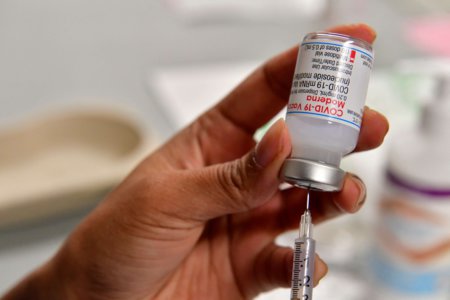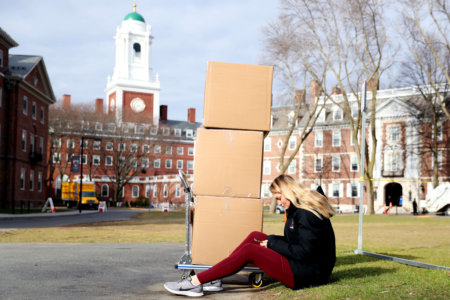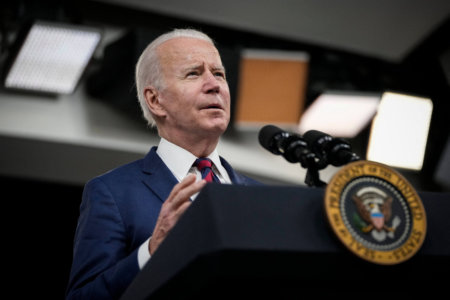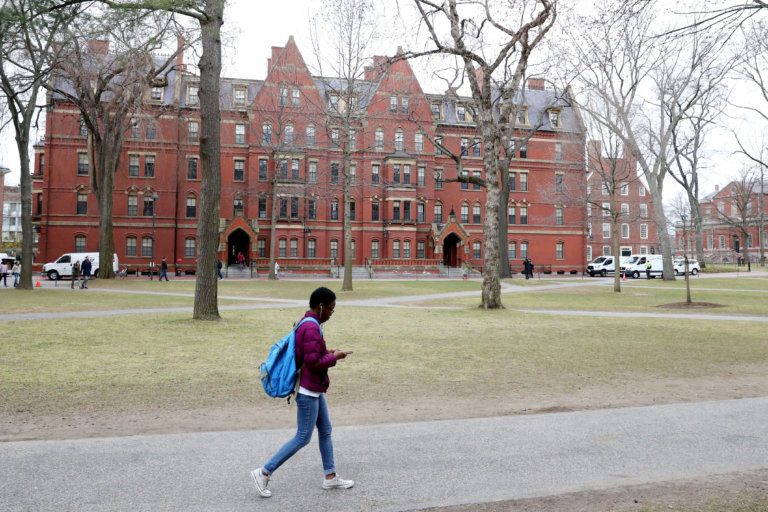
Just as students are adjusting to the new norm of attending physical classes, it looks like the switchover to online learning is slated to happen once more. Across the US, universities and colleges are gearing for a return to the virtual class due to the highly infectious Omicron COVID-19 variant that is spreading across the country.
Top universities and Ivy League institutions such as Princeton, Stanford and Harvard University have already made the announcement to delay the commencement of the Spring term, and had earlier moved any remaining in-person exams in the Fall term online.
“We write to inform you that for the first three weeks of January we will take steps to reduce density on campus by moving much of our learning and work remotely,” a statement from Harvard reads. “It is prompted by the rise in COVID-19 cases locally and across the country, as well as the growing presence of the highly transmissible Omicron variant.
In Texas, Trinity University has reshuffled its academic calendar to extend the winter break until the end of January. “We believe this will provide time for eligible faculty, staff and students to receive booster shots and avoid having individuals return to campus during the peak of the surge,” the university elaborates on its website.
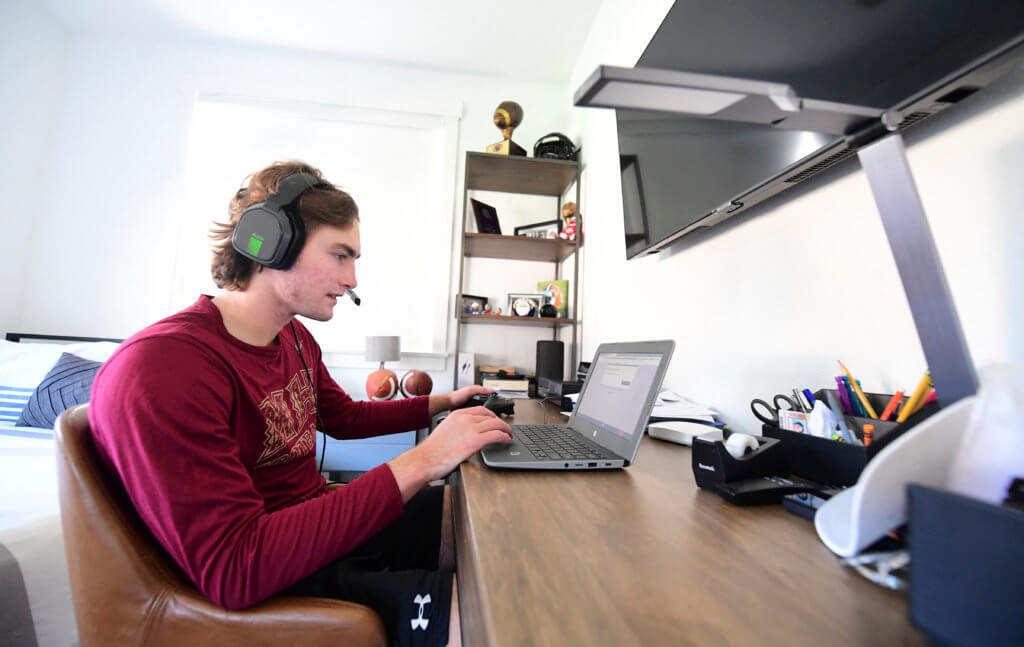
The Spring term will kick off with virtual classes for many students in the US. In top US schools, booster mandates are required for students and employees to return to campus in the new year. Source: Photo by Frederic J. Brown / AFP
Virtual classes, booster mandates, travel restrictions: How students are affected
On top of more online learning and adjustments to Spring term plans, the top 25 universities in the US have now mandated booster shots for students and employees before they can return to campus. The move was decried by some, who think that universities have gone too far.
Does your university require you to get a COVID-19 booster jab? #GetVaccinatedhttps://t.co/Zr2TnA0V2Y
— Study International (@Study_INTNL) December 30, 2021
Colleges and universities are doing something many employers haven’t even begun yet — mandating booster shots.
Some college watchdog groups say this goes too far. https://t.co/36XOyi4vXU
— CBS Austin (@cbsaustin) December 28, 2021
“So students should absolutely have every right to make their own personal decision,” Ophelie Jackson, a spokesperson from College Reform, a conservative college news site, was quoted saying. “These young college students are not at that high risk compared to the older population, as we’ve seen.”
So far, the Centres for Disease and Control Prevention (CDC) has approved the Pfizer-BioNTech, Moderna and the Johnson & Johnson’s Janssen vaccines for booster shots. According to Pfizer, blood samples taken after a month from those who received their booster dose show similar levels of omicron-neutralising antibodies that were proven effective against previous variants.
For international students, the change in vaccine mandates, semester plans and travel restrictions translate to disruption in holiday plans. “I just want to go home and see my family. That is all I want to do,” says Ananya Purushottam, a Yale student, was quoted saying to the campus news site.
If you faced any travel disruptions in the last few days, you’re not alone. #CancelledFlightshttps://t.co/5ZW1AP6Hfg
— Study International (@Study_INTNL) December 29, 2021
Concerned over potential border shutdowns, international student centres in universities have advised foreign students against leaving the US. At the time of writing, international travel to the US is still possible, provided that travellers meet vaccine and testing requirements prior to departure. President Joe Biden has also rescinded the travel ban imposed on eight southern African countries on Tuesday.
For universities delaying the start of the new term, it is still unclear whether the move to virtual classes will continue throughout the semester. Students and administrators fear another mental health crisis with the outbreak of COVID-19 cases that is averaging more than 260,000 cases daily.
The pandemic has left students’ mental health in a fragile state, and schools are worried that Omicron may make the crisis even worse. https://t.co/zAKTjNevHv
— The New York Times (@nytimes) December 23, 2021
“Restricting the ability to interact, there’s a price to pay for all that,” Eli Capilouto, president of the University of Kentucky, was reported saying. “Somebody said if we’re not careful, we’re going to trade one epidemic for another, and in many ways, I think we are.”








